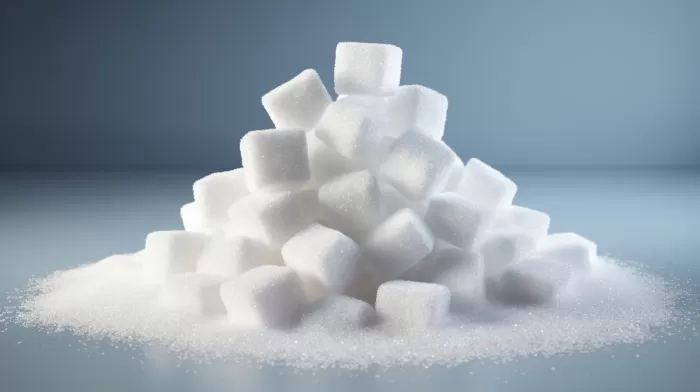Sugar consumption is a global health problem, with Americans typically consuming three times the amount considered healthy. Excess sugar intake is not only linked to obesity, heart issues, and cancer, but it also causes dental caries (cavities) due to tooth decay. This worldwide epidemic affects as much as 90% of children globally. In the United States alone, it’s estimated that 92% of individuals aged 20 to 64 have experienced some degree of tooth decay in their permanent teeth.
The Recommended Limit
According to research from the University College London and the London School of Hygiene & Tropical Medicine, only about 3% of our calories should come from sugar, which is one-fifth of the current per capita consumption. The sugars we should cut back on are referred to as “free” sugars. These are defined by the World Health Organization as including “monosaccharides and disaccharides added to foods by the manufacturer, cook or consumer, and sugars naturally present in honey, syrups, fruit juices, and fruit concentrates.”
The Impact of Sugar on Dental Health
Tooth decay has become a severe problem worldwide, and reducing sugar intake can make a significant difference. Researcher Aubrey Sheiham, a professor of dental public health at University College London, said, “Tooth decay is a serious problem worldwide, and reducing sugars intake makes a huge difference.” Data from Japan provides an excellent example of how sugar affects dental health. Decay was significantly reduced during and shortly after World War II when the population had limited access to sugar. However, once sugar was imported back into Japan, tooth decay rates increased.
Sugars Tax: A Potential Solution
One potential solution to reducing dental caries and other health issues linked to sugar consumption is implementing a sugars tax to increase the cost of sugar-rich food and drinks. Philip James, a past president of the World Obesity Federation, suggests, “The retail price of sugary drinks and sugar-rich foods needs to increase by at least 20% to have a reasonable effect on consumer demand, so this means a major tax on sugars as a commodity. The level will depend on expert analyses, but my guess is that a 100% tax might be required.”
Ways to Reduce Sugar Intake
To minimize the risk of dental caries and other health problems associated with high sugar consumption, here are some practical steps to reduce sugar intake:
- Be aware of hidden sugars: Sugar is added to many processed foods, including salad dressings, pasta sauces, and condiments. Reading food labels and choosing products with no added sugars can significantly reduce overall sugar consumption.
-
Consume natural sugar substitutes: Opt for natural sweeteners like stevia, monk fruit, or erythritol to replace refined sugars in recipes and beverages. These natural alternatives have fewer calories and minimal impact on blood sugar levels.
-
Eat whole, unprocessed foods: Whenever possible, consume whole, unprocessed foods like fresh fruits, vegetables, and whole grains. These foods not only provide essential nutrients but also contain natural sugars that don’t harm teeth or contribute to obesity.
-
Limit consumption of sugary beverages: Sugary drinks like soda, energy drinks, and fruit juices are significant sources of added sugars. Choose water, plain milk, or unsweetened beverages instead.
-
Practice moderation: It’s okay to enjoy sugary treats occasionally, but moderation is key. Indulge in small portions and savor the taste without overdoing it.
By being conscious of sugar intake and making healthier choices, we can help reduce tooth decay and improve overall health. A sugars tax and education about the adverse effects of excessive sugar consumption are essential steps toward a healthier global population.



